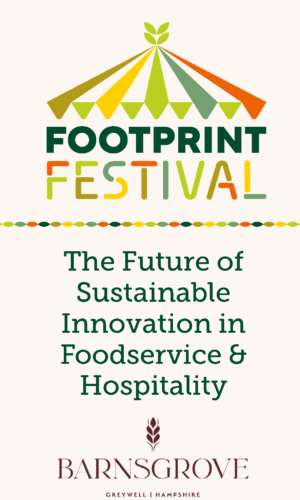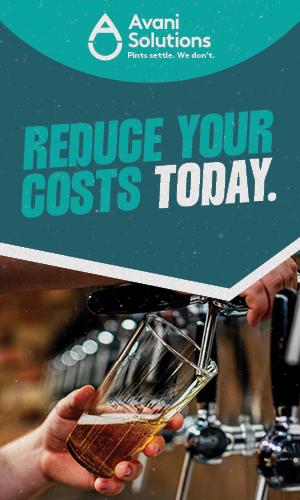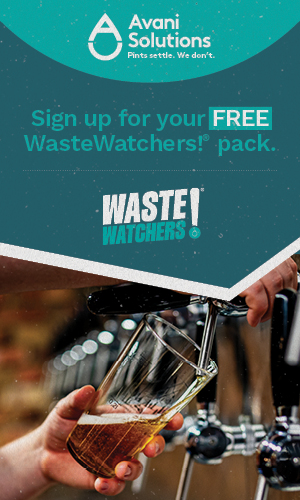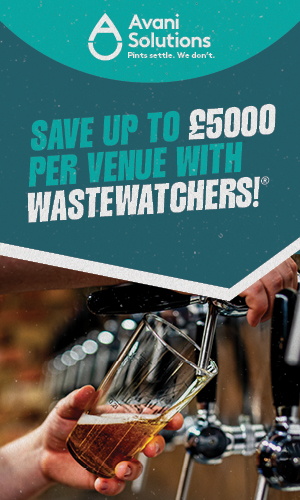When it comes to green marketing these days, what is not said is as important as what is, says Dominic Watkins.
Is it safe to make environmental claims anymore? That is the question facing many food and drink companies as they unpick new regulations and guidance aimed to tackle greenwashing and ensure claims are trustworthy. Some are already nursing bruised reputations after their adverts hit the headlines for the wrong reasons.
The case of Anglian Water springs to mind. One of the company’s adverts focused on how it is “creating wetlands to clean water using nature and make homes for wildlife”. A few complaints were made given that water companies had been in the news for discharging sewage to waterways so the Advertising Standards Authority (ASA) investigated. The authority said it accepted that Anglian Water was carrying out a number of activities that could have a positive impact on the environment, but because it also carried out activities that caused harm to the environment, which contradicted the overall impression of the ad, this was considered to be “material information which should have been made clear in the ads”.
This builds on the HSBC ruling last year – which we had hoped to be an anomaly but now appears to be a standard position. Time and time again we are seeing the ASA pull up companies because of the wider context in which the green claim is being made.
Context has always been key, but the scope of that context is changing. Now we can’t just look at the claim in the context of the ad but the context of the company’s wider activities or even historical actions. What is not said is as important as what is.
Businesses will now start to consider if it is worth talking about the positive steps. Worse still, could some stop taking action at all if they can’t talk about it? While misleading adverts should be controlled, Anglian’s case is continuing a worrying, and potentially counterproductive, line of rulings in this area.
Indeed, any claim, even factually accurate ones, could now be considered high risk. Carbon neutral is fast becoming too hot to handle when only supported by offsetting, for example, and in the not too distant future the claim could be outlawed in the EU. It’s no surprise that the likes of Leon, Nestlé and most recently Sodexo have decided to pull back from making such claims.
At present the EU has a bewildering amount of sustainability legislation in draft, which we will be following closely and unpicking for Footprint.
Risky business
The risk, in all of these areas, is only going to grow. The EU is regulating that misleading green claims will be subject to a right of action for citizens opening the door to class actions in this space, which given the recent class action directive being implemented across the EU gives rise to many more concerns that this is going to be a hot bed of litigation in the short term.
This is already the case in the US where many brands are facing greenwashing lawsuits. Even claims such as ‘move to zero’ have given rise to litigation. Nike is currently being sued because its sustainable range is not that sustainable, according to the claimant. While the US, like the UK, has a green claims guide most claims in this area are now at risk and this is a red-hot area being targeted by claimant lawyers bringing climate litigation.
All of which raises the interesting question of whether the net impact of outlawing this practice will be fewer companies indirectly investing in green measures through offsetting activities if they cannot talk about it, and whether that ultimately may result in less rather than more action.
Either way, the signs are that carbon neutral claims are being neutralised. What the fallout is and whether it benefits or harms environmental action remains to be seen.
Dominic Watkins is partner and global lead (consumer sector) for law firm DWF.









